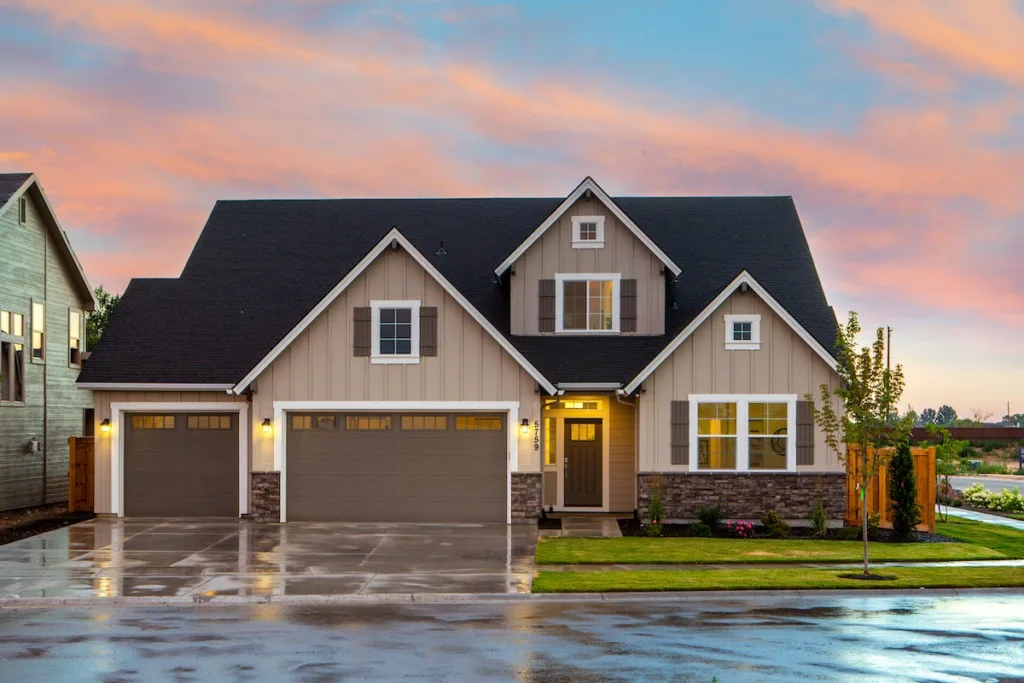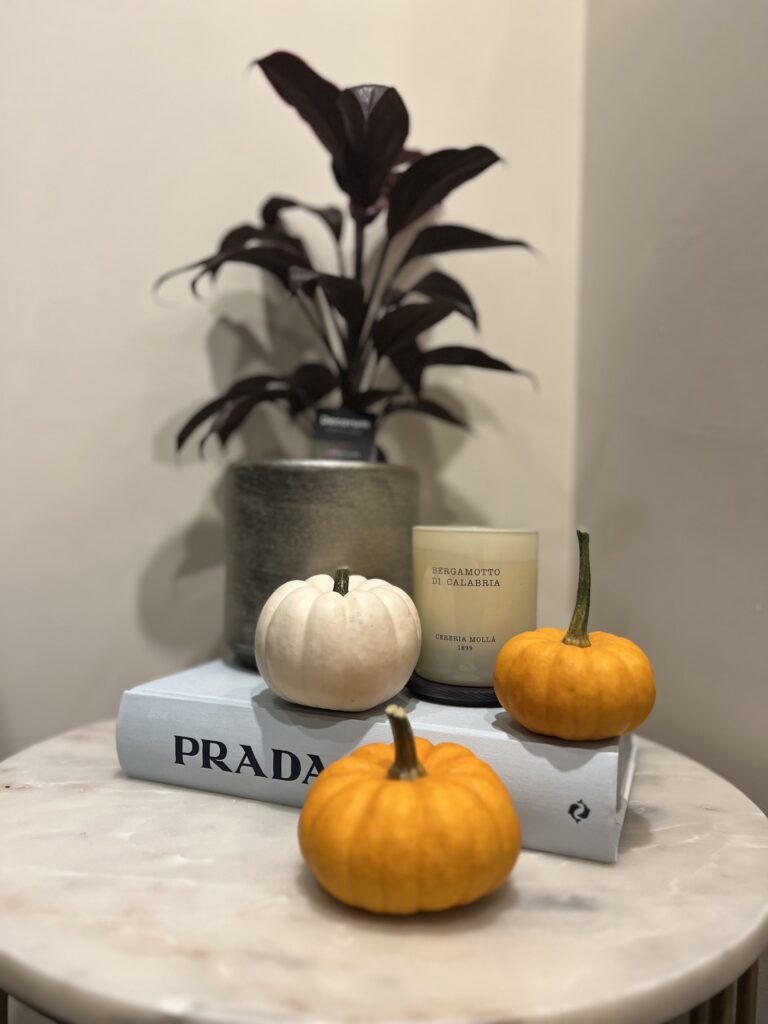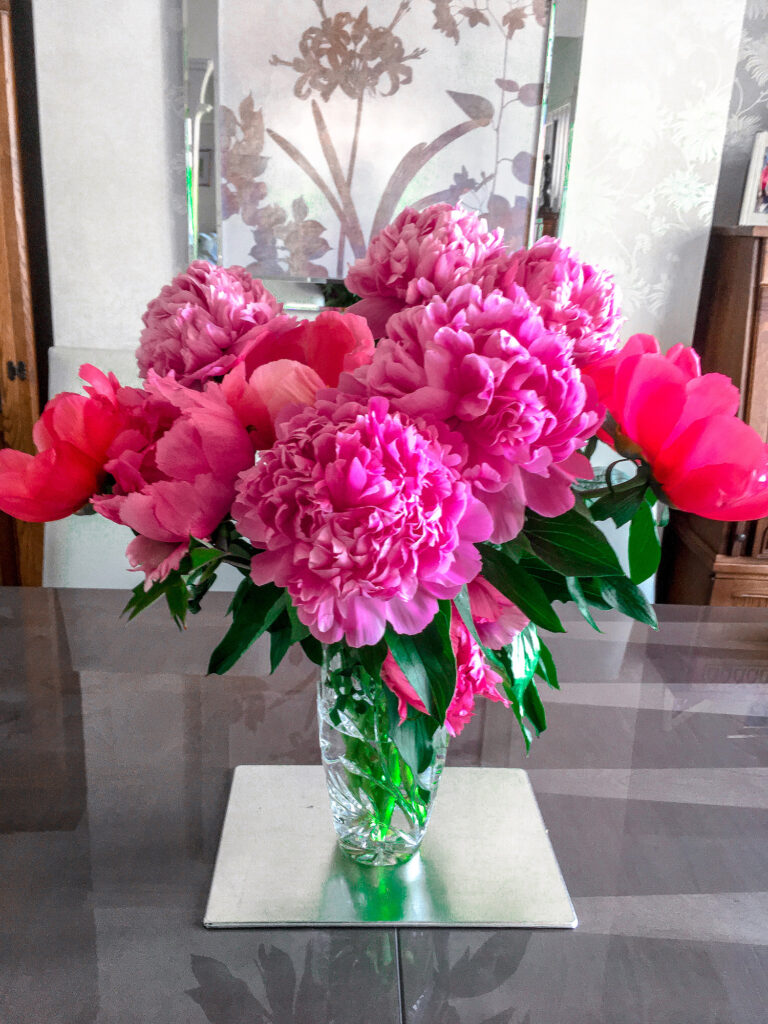There are many important parts of a house and/or building that help factor into its foundation. There are the roof and walls for shelter, the materials that are taken into the actual building, such as stone, brick, or wood, there is the insurance that helps protect the establishment should it ever fall victim to a natural disaster or human occurrence. The list goes on and on I assure you. However, one of the most convenient and key factors to a building is the HVAC system.
An HVAC system (see more here), is what regulates a building’s temperature inside its domain. It determines how hot or how cold a room is and can be manually dialed to a certain temperature for those who seek cooler or hotter air. Since their first creation back in 1902, the machines have been a staple in many a fellow’s home or business. But they are nothing without the parts that help regulate their function; namely, the heat pumps.
The Inner Workings of Home Heat Pumps
What are Heat Pumps?
Heat pumps are a series of pipes within an HVAC (heating, ventilation, air conditioning) system that are responsible for the transferring of heat and warmth from one location to another. Likely due to the name of the product, a common misconception about them is that they generate heat, however, that is not the case. In truth, they do not generate heat so much as they transfer existing heat- heat made from the outside air they are connected to between whatever places they are connected to.
How Do They Work?
Heat pumps function by taking in and absorbing warm air from the outside environment, which is then dispersed throughout the house to regulate and raise temperatures inside. This is quite different when compared to its counterpart, the air conditioner. While the latter is mainly used for cooling and dumping warm air outside, the former is used to take warm air from outside and bring it in. But that is just the short version of how heat pumps work. The actual process goes into a bit more detail; details that we will cover more of in this article.
Heat pumps are made up of three components: an indoor air handler, an outdoor evaporator, and a refrigerant line to connect them all together.
- Air handler- these are connected to the thermostats which help monitor temperatures. When the temperature drops below a manually adjusted setting, the thermostat requests heat, which the indoor air handlers take in by signaling the outdoor fans.
- Outdoor evaporator and fans- the fans that take in air from the outside air. This air is taken over an evaporator coil which helps transfer the heat from the air to the refrigerant.
- Refrigerant- the line that connects all the parts together. When the heated air from outside is passed over the evaporator coil, the refrigerant line then transfers the said heat to all rooms inside the building, ensuring warm air is put in all rooms and spaces with ventilation.
Why Should You Have Them?
Heat pumps have no small number of advantages over other HVAC machines. Some of these advantages include the likes of:
Of course more on the advantages and disadvantages of heat pumps can be found at websites like the one below: https://www.consumerreports.org/appliances/heat-pumps/buying-guide/
- Reduced Costs- they have overall lower operating costs than most other HVAC appliances, as they draw in natural resources and do not burn any fuel or electricity to function. One study shows that the standard operating fee of heat pumps averages around thirty-four cents per hour used. That translates to cheap with a capital C!
- Low Maintenance- the need to repair them is minimal to unnecessary, as you can go seasons without having to do repairs or upkeep.
- Environmentally Friendly- heat pumps do not use any sort of fuel or power like electricity or gas. This in turn makes them safer for both the user and the environment.
- Durability- they are durable and long-lasting, with such devices lasting up to anywhere between 20-50 years. This is also factored in with maintenance and upkeep, so this is a product that will last for a long time and then some.
Where Can You Find Them?
Heat pumps are available or can be available for any housing or business establishment. They are either pre-built or can be added later to the building’s foundation. There are companies that handle such installations, whether it’s for a business, retreat, or just an in-home heat pump for your house.
Conclusion
Heat pumps are a great investment in your home’s heating capabilities. With great durability, low maintenance costs, and overall great functioning, they are a great and superior alternative to other HVAC appliances out there, especially during the colder seasons. So, when building or purchasing a home or business, consider an alternative to air conditioning, consider instead investing in heat pump.




